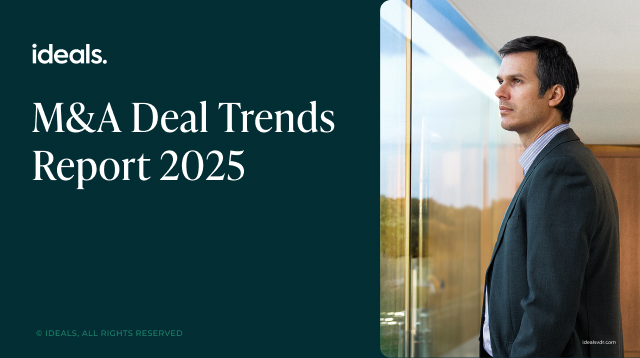Private equity is evolving. With slower exits and record levels of dry powder, the industry is shifting from short-term strategies toward sustainable value creation. As Business Insider puts it, the golden age is over.
Carlyle is well-positioned to thrive in this new era through its focus on enduring economic trends, strong partnerships, and responsible business practices.
When recruiting, Carlyle looks for candidates who share its investment mindset. This article breaks down the firm’s approach, the qualities it values in future hires, and how you can stand out during the interview process.
Backing bold change
Carlyle’s commitment to long-term trends is evident in its focus on the energy transition — the global shift to cleaner, more reliable energy.
A prime example is Revera Energy, an investment platform launched by Carlyle to develop clean energy infrastructure across Australia and the UK. With over $440 million invested, Revera drives projects in battery storage, wind, solar, and green hydrogen, helping shape new energy systems.
This initiative reflects Carlyle’s strategy: backing companies and platforms that lead structural change. It also underscores the firm’s collaborative approach, partnering with industry leaders, governments, and management teams to deliver large-scale solutions.
Revera serves as a strong example for candidates to understand Carlyle’s investment principles:
- Align capital with long-term global trends.
- Address critical market challenges at scale.
- Leverage deep relationships to accelerate growth.
- Invest with a focus on sustainability.
Prepare confidently for your PE interview with our Carlyle Interview Toolkit
Connect finance to strategy
LBO modeling is a fundamental skill in private equity interviews, but at Carlyle, it’s just the start. Top candidates stand out by pairing technical expertise with sharp commercial judgment, explaining how financial decisions drive long-term value creation.
Below are example interview questions from past candidates, along with tips on how to answer them:
- Capital decisions: Why might a company avoid aggressively repaying debt in a distressed situation?
Consider liquidity needs, opportunity costs, and the importance of maintaining long-term flexibility.
- Complex financing: How do revolvers, PIK notes, cash sweeps, and staged financing affect returns?
Explain their impact on capital structure and deal economics.
- Payout waterfalls: Who gets paid first — and why — in layered capital stacks?
Break down priority payments, especially in exits involving preferred equity or earn-outs.
A leadership culture
Carlyle’s culture is built on principles championed by co-founder David Rubenstein. Firm success comes not just from expertise, but from taking ownership, showing resilience, and motivating others with a clear sense of purpose.
Rubenstein emphasizes that leadership is a skill developed over time. Leaders are experts who “know what they’re talking about” and are committed to continuous learning, while recognizing the role luck plays in success.
You lead by wanting to lead, by preparing to lead, by having made a mistake, by persisting, but also by having a vision of where you want to go.
— David Rubenstein, Co-founder of The Carlyle Group
At Carlyle, team members are expected to embody these qualities. The firm’s high-performance culture is rooted in humility, a commitment to learning from mistakes, and a respect for hard work.
High expectations and compensation
At Carlyle, leadership and long-term value creation are expected.
In return, the firm offers a compensation package that reflects this responsibility. According to Glassdoor, the median total compensation for a private equity associate stands at $288K, which includes:
- Base salary: $185K
- Bonus: $103K
This pay structure reflects Carlyle’s commitment to rewarding performance that drives sustainable success.
Your Carlyle cheat sheet
To become a Carlyle contender, you must demonstrate a strong understanding of the firm’s culture, investment philosophy, and dedication to long-term value.
Our Carlyle Interview Toolkit compiles essential information into a one-page guide. Featuring details on the firm’s philosophy, leadership insights, and recent news, this toolkit is designed to help you prepare efficiently and confidently.





